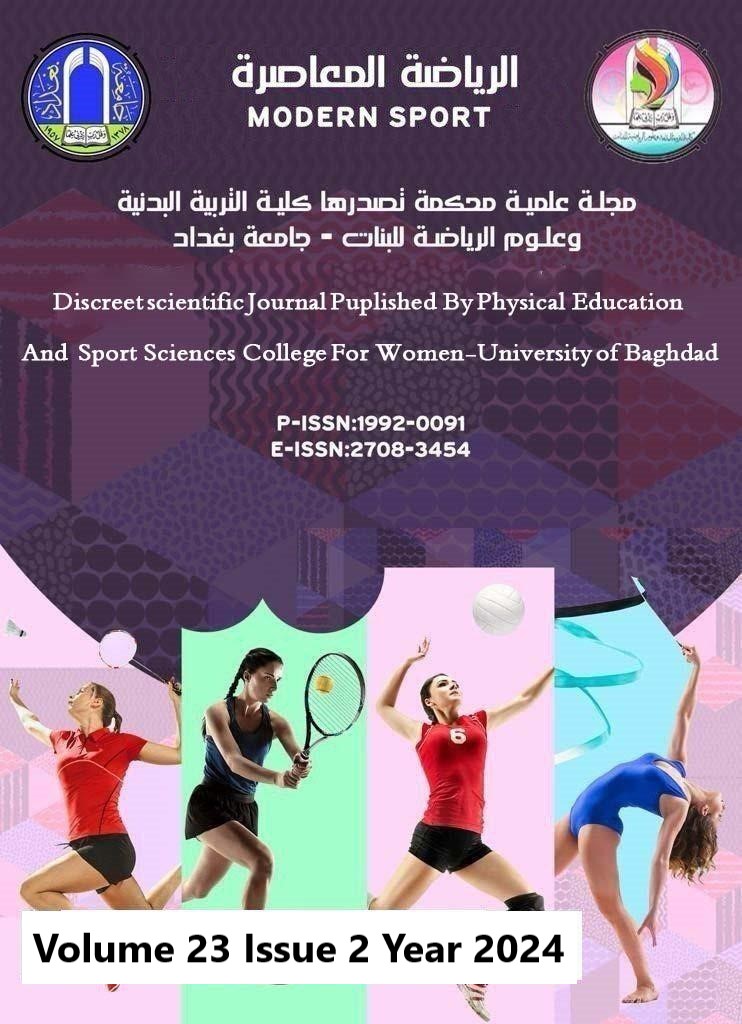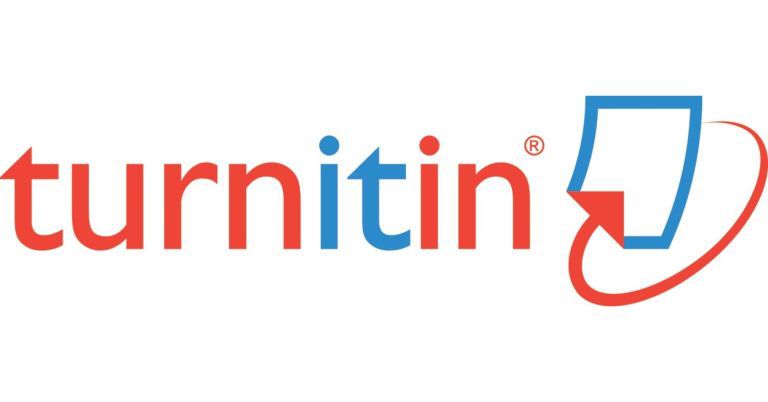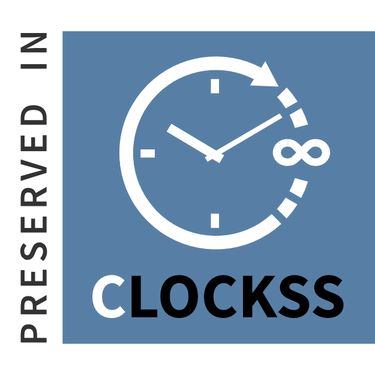Exploring the Impact of Dark Chocolate Intake on Insulin Resistance, Stress Hormones, and Potassium Regulation
DOI:
https://doi.org/10.54702/n4418893Keywords:
insulin resistance, HOMA-1R, cortisol, serotonin, potassium, dark chocolate 85%Abstract
The investigation into notable improvements in insulin resistance and the regulation of stress hormones, with a specific focus on potassium levels, constitutes a captivating field of research. This study aims to delve into the potential influence of consuming dark chocolate on these critical physiological aspects. In aims, this research endeavors to comprehensively examine and assess the potential significant improvements in insulin resistance and the regulation of stress hormones and potassium associated with the intake of dark chocolate. In materials and method, this study included 162 individuals aged between (40-60) years. they were divided into two groups. group one contains 80 healthy people individuals without insulin resistance with a BMI less than 29kg/m2 and group two contains 82 patients with insulin resistance, with a BMI≥29 kg/m2. twenty-five of them were given one bar of dark chocolate85% per day according to FDA, (Janssen Pharmaceutical Companies. (2019, January). for 45 days (Jansen EC,2023) both groups were analyzed serum glucose, insulin, serotonin, and cortisol before and after given supplement nutrients. Calories: Approximately 580 kcal per 100g, which provides the body with energy. Total Fat: About 43g per 100g, mainly from cocoa butter, which contains a mix of monounsaturated fats and saturated fats. Carbohydrates: Roughly 46g per 100g, acting as a primary energy source for our body. (Santos AC,2023). In results, After conducting the statistical procedures for the results of the subjects for each of, HOMA - IR, cortisol, and serotonin it was found that there was a significant change with p-value (0,00), twenty-five donors resistance with insulin subjected daily one bar of 85% dark chocolate, resulting in significant improvements: decreased fasting glucose (84.12±5.6)mg/dl, insulin(12.74±4.38) µU/ml, HOMA-IR (2.57±1.02) cortisol(162.8±63.7 ) nmol/L, and increased serum serotonin levels (48.8±9.50) ng/ml, potassium (4.6 ± 0.20) (mg/dl). In conclusion, the statistical analysis, covering HOMA-IR, cortisol, and serotonin levels, revealed a significant change (p-value: 0.00). Daily consumption of 85% dark chocolate by twenty-five insulin-resistant donors resulted in substantial improvements, including reduced fasting glucose, insulin, and HOMA-IR. Cortisol levels decreased while serotonin and potassium levels increased respectively. and this achieves one of the sustainable development goals of the United Nations in Iraq which is (Good Health).
References
Theilade, S., Christensen, M. B., Vilsbøll, T., & Knop, F. K. (2021). An overview of obesity mechanisms in humans: Endocrine regulation of food intake, eating behaviour and common determinants of body weight. Diabetes, obesity & metabolism, 23 Suppl 1, 17–35. https://doi.org/10.1111/dom.14270
Sovijärvi O, Arina T, Halmetoja J. (2019). Biohacker’s Handbook: Upgrade yourself and unleash your inner potential. Biohacker Center.
Desai K. (2023). Lady Parts: Putting Women’s Health Back Into Women’s Hands. FriesenPress.
Hernández, M. A. G., Canfora, E. E., Jocken, J. W. E., & Blaak, E. E. (2019). The Short-Chain Fatty Acid Acetate in Body Weight Control and Insulin Sensitivity. Nutrients, 11(8), 1943. https://doi.org/10.3390/nu11081943
Janssen J. A. M. J. L. (2021). Hyperinsulinemia and Its Pivotal Role in Aging, Obesity, Type 2 Diabetes, Cardiovascular Disease and Cancer. International journal of molecular sciences, 22(15), 7797. https://doi.org/10.3390/ijms22157797
Paracha, A. I., Haroon, Z. H., Aamir, M., & Bibi, A. (2021). Diagnostic Accuracy of Markers of Insulin Resistance (HOMA-IR) and Insulin Sensitivity (QUICKI) in Gestational Diabetes. Journal of the College of Physicians and Surgeons--Pakistan : JCPSP, 31(9), 1015–1019. https://doi.org/10.29271/jcpsp.2021.09.1015
Brun, N. R., van Hage, P., Hunting, E. R., Haramis, A.-P. G., Vink, S. C., Vijver, M. G., Schaaf, M. J. M., & Tudorache, C. (2019). Polystyrene nanoplastics disrupt glucose metabolism and cortisol levels with a possible link to behavioural changes in larval zebrafish. Communications Biology, 2(1). https://doi.org/10.1038/s42003-019-0629-6
Azevedo I. Stress and obesity. Underst Obes From its causes to impact life, Singapore Bentham Sci. 2020;374–99.
Liu, Y., Zou, X., Zhao, W., Yao, X., Wang, L., Zhou, L., Zhang, R., Luo, Y., Li, M., Zhang, X., Zhu, Y., Cai, X., Zhou, X., Han, X., & Ji, L. (2024). Adrenal limb thickness is associated with metabolism profiles in patients with diabetes: A cross-sectional study. Journal of diabetes, 16(2), e13479. https://doi.org/10.1111/1753-0407.13479
van Galen, K. A., Ter Horst, K. W., & Serlie, M. J. (2021). Serotonin, food intake, and obesity. Obesity reviews : an official journal of the International Association for the Study of Obesity, 22(7), e13210. https://doi.org/10.1111/obr.13210
Zavitsanou, A. ., & Drigas, A. (2021). Nutrition in mental and physical health. Technium Social Sciences Journal, 23(1), 67–77. https://doi.org/10.47577/tssj.v23i1.4126
Xu, H., & Yang, F. (2022). The interplay of dopamine metabolism abnormalities and mitochondrial defects in the pathogenesis of schizophrenia. Translational psychiatry, 12(1), 464. https://doi.org/10.1038/s41398-022-02233-0
McDonough, A. A., & Fenton, R. A. (2022). Potassium homeostasis: sensors, mediators, and targets. Pflugers Archiv : European journal of physiology, 474(8), 853–867. https://doi.org/10.1007/s00424-022-02718-3
Calimag, A. P. P., Chlebek, S., Lerma, E. V., & Chaiban, J. T. (2023). Diabetic ketoacidosis. Disease-a-month : DM, 69(3), 101418. https://doi.org/10.1016/j.disamonth.2022.101418
Kebir, N. E., & Zahzeh, T. (2022). Magnesium Deficiency Associated with Stress, Systemic Inflammation, and Insulin Resistance in Diabetes Mellitus: a review. Egyptian Academic Journal of Biological Sciences. C, Physiology and Molecular Biology, 14(1), 31–46. https://doi.org/10.21608/eajbsc.2022.213962
Jaćimović, S., Popović-Djordjević, J., Sarić, B., Krstić, A., Mickovski-Stefanović, V., & Pantelić, N. Đ. (2022). Antioxidant Activity and Multi-Elemental Analysis of Dark Chocolate. Foods (Basel, Switzerland), 11(10), 1445. https://doi.org/10.3390/foods11101445
Sumiyoshi, E., Matsuzaki, K., Sugimoto, N., Tanabe, Y., Hara, T., Katakura, M., Miyamoto, M., Mishima, S., & Shido, O. (2019). Sub-Chronic Consumption of Dark Chocolate Enhances Cognitive Function and Releases Nerve Growth Factors: A Parallel-Group Randomized Trial. Nutrients, 11(11), 2800. https://doi.org/10.3390/nu11112800
Oliveira, B., Falkenhain, K., & Little, J. P. (2022). Sugar-Free Dark Chocolate Consumption Results in Lower Blood Glucose in Adults With Diabetes. Nutrition and metabolic insights, 15, 11786388221076962. https://doi.org/10.1177/11786388221076962
Fredricks R. (2020). Complementary and Alternative Treatments for Depression. AuthorHouse.
Ortega, M. A., Alvarez-Mon, M. A., García-Montero, C., Fraile-Martinez, O., Guijarro, L. G., Lahera, G., Monserrat, J., Valls, P., Mora, F., Rodríguez-Jiménez, R., Quintero, J., & Álvarez-Mon, M. (2022). Gut Microbiota Metabolites in Major Depressive Disorder-Deep Insights into Their Pathophysiological Role and Potential Translational Applications. Metabolites, 12(1), 50. https://doi.org/10.3390/metabo12010050
Majeed, M. J., Al-Sharifi, Z. A. R., & ibrahim, S. J. (2019). Role of Betatrophin and irisin on Diabetes Mellitus Type1 Management (Experimental Study). Indian Journal of Public Health Research & Development, 10(9), 1135. https://doi.org/10.5958/0976-5506.2019.02595.6
Chen, C., Xia, S., He, J., Lu, G., Xie, Z., & Han, H. (2019). Roles of taurine in cognitive function of physiology, pathologies and toxication. Life sciences, 231, 116584. https://doi.org/10.1016/j.lfs.2019.116584
Bhat, M. A., Ahmad, K., Khan, M. S. A., Bhat, M. A., Almatroudi, A., Rahman, S., & Jan, A. T. (2020). Expedition into Taurine Biology: Structural Insights and Therapeutic Perspective of Taurine in Neurodegenerative Diseases. Biomolecules, 10(6), 863. https://doi.org/10.3390/biom10060863
Botturi, A., Ciappolino, V., Delvecchio, G., Boscutti, A., Viscardi, B., & Brambilla, P. (2020). The Role and the Effect of Magnesium in Mental Disorders: A Systematic Review. Nutrients, 12(6), 1661. https://doi.org/10.3390/nu12061661
Downloads
Published
Issue
Section
License
Copyright (c) 2024 Modern Sport

This work is licensed under a Creative Commons Attribution 4.0 International License.















